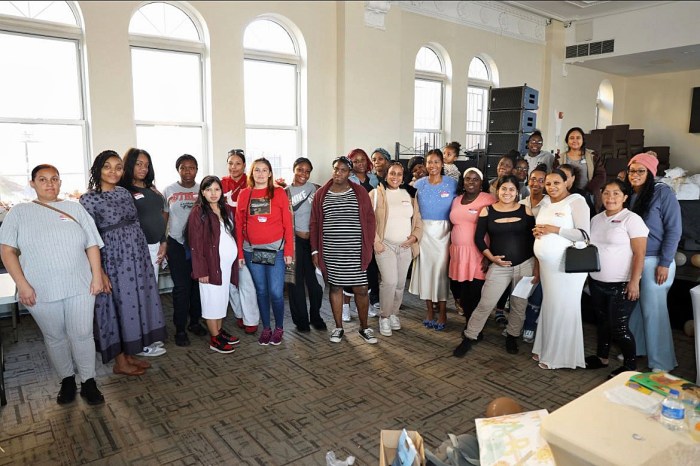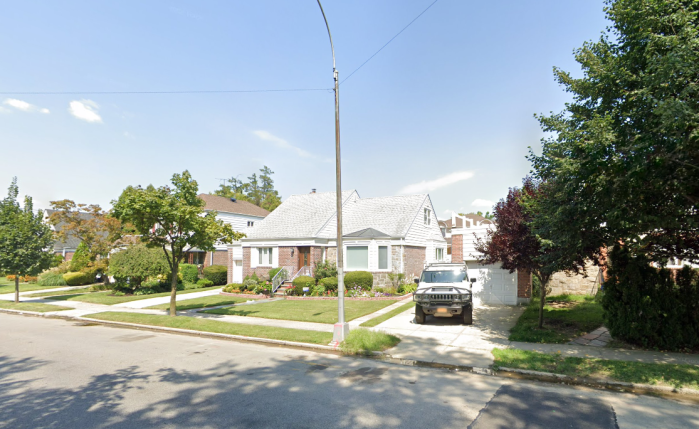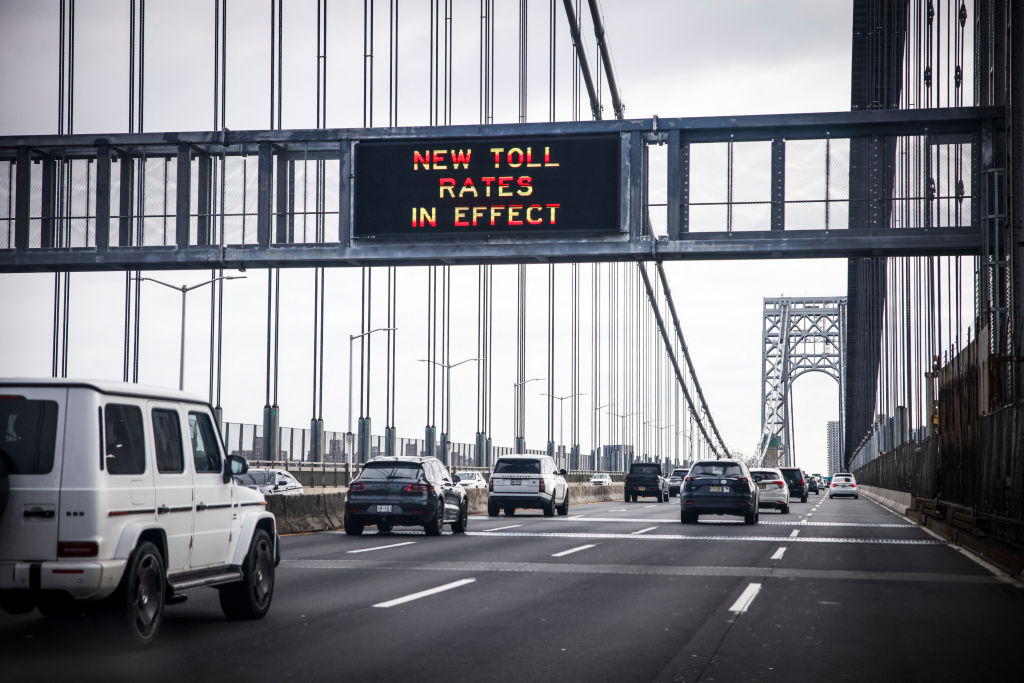On Nov. 21, thousands of people from all over the City crowded into the Riverside Church in upper Manhattan to make their voices heard loud and clear: it is time for this administration to do right by the people of this City and pass the “Fair Wages for New Yorkers” Act.
What this bill asks for is very modest. When major economic development projects solicit heavy taxpayer subsidies for their projects work, they must pay their employees a “living wage,” currently defined by federal law as $10 per hour with benefits or $11.50 without.
This is, by any measure, a modest sum. Yet our opponents continue to describe this bill as the end of all business in New York City, regardless of the utter lack of truth in their claims.
What I saw from the podium at Riverside Church were the voices of the masses, the underserved New Yorkers who have not been helped by Mayor Bloomberg’s job creation and anti-poverty programs. What I saw that night were thousands of people looking for a new way forward, people who see in the “Fair Wages for New Yorkers” Act a small, but meaningful, step out of the cycle of poverty.
What I see in our opposition is the face of the status quo. When the “Fair Wages for New Yorkers” Act was first introduced, members of the business community outlined their concerns with the bill. Supporters of the bill, myself included, examined the most reasonable concerns presented to us and adjusted the legislation accordingly. Our bill will not hurt small businesses or affordable housing developments, despite the misguided, misinformed and disingenuous claims of our opposition.
Yet, despite our good faith effort to make reasonable adjustments to the “Fair Wages for New Yorkers” Act, our opponents continue to argue that a “living wage” is too much for our City. It has become clear that many of our opponents will never support this bill, no matter how many times it is adjusted to their liking.
Their opposition continues, despite the fact that other cities that have “living wage” laws have seen no negative impact on business development whatsoever. Expert testimony at the City Council, just one day after our rally, showed that Los Angeles has seen no decrease in business activity since it passed its own living wage law in 1999. Many of the same arguments made against our bill were used then as they are now, and without any data to prove that a “living wage” will hurt business. Opponents of a living wage were wrong then just like they, and Mayor Bloomberg, are wrong now.
The rally at Riverside Church, where thousands stood within the walls that once bore witness to Rev. Dr. Martin Luther King Jr., was a historic occasion. It showed our opposition, who too often are insulated from the real world, that the view of our economy from the street is far different. It showed that much of this City is mobilized to change the way we do business.
Our great mayor, Fiorello LaGuardia, once made it clear to the people of this City: “No Doles for Millionaires.” It is time for a return to that spirit, and for this administration to hear the voices of thousands who came to Riverside Church—and the millions across the City—and pass the “Fair Wages for New Yorkers” Act.

























